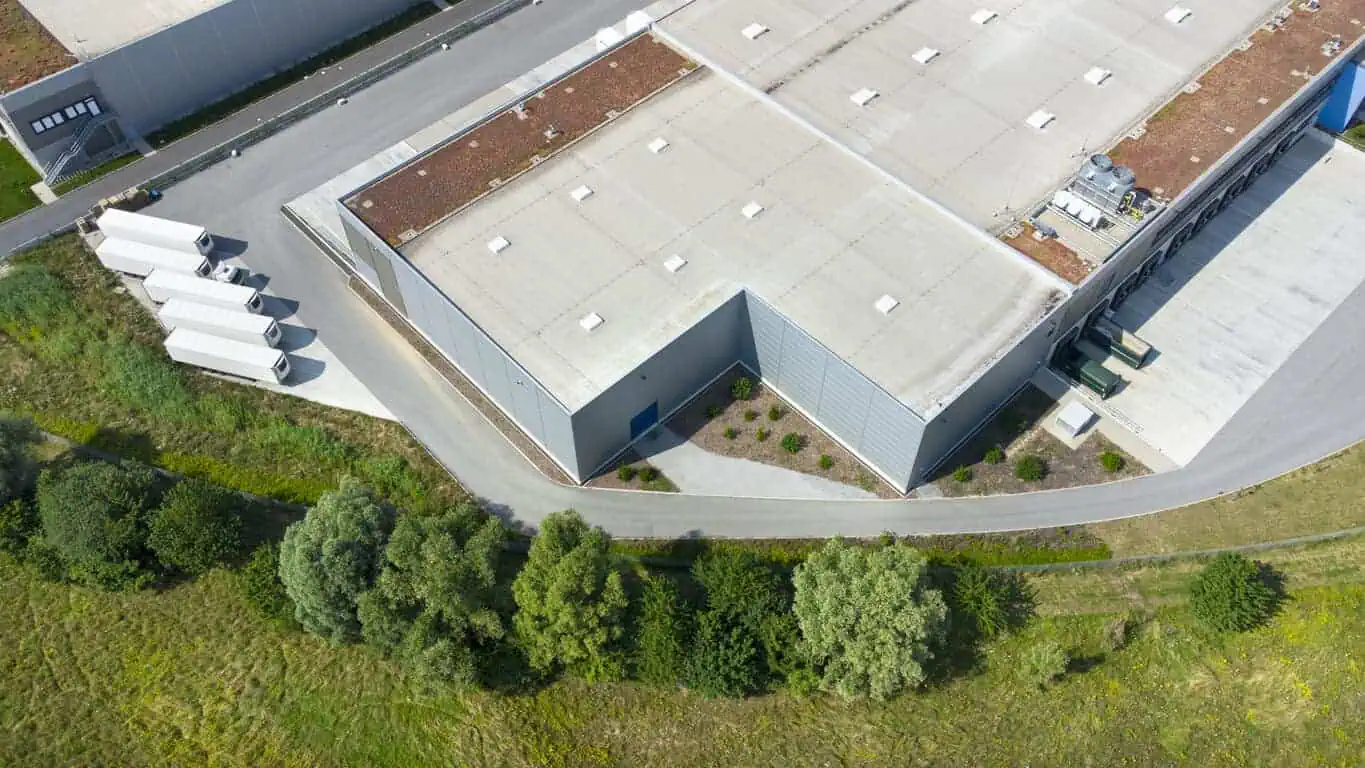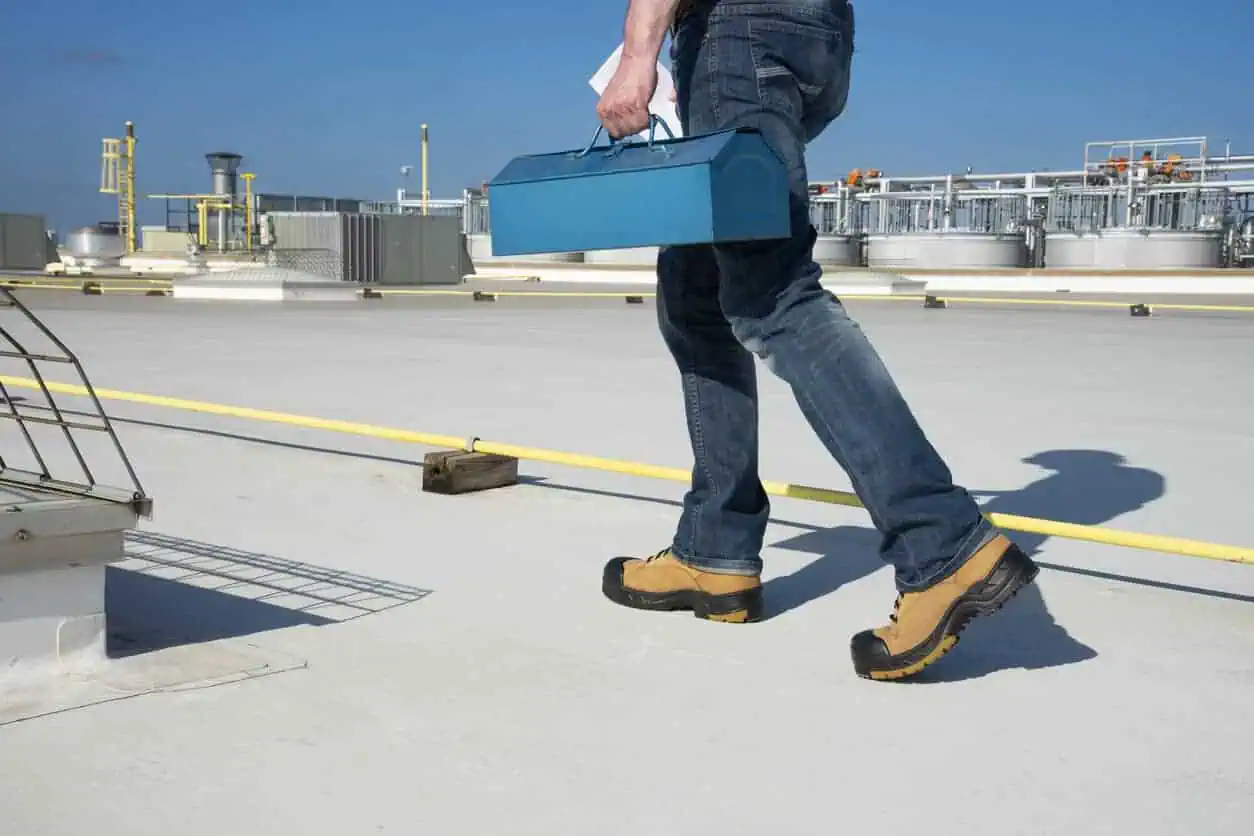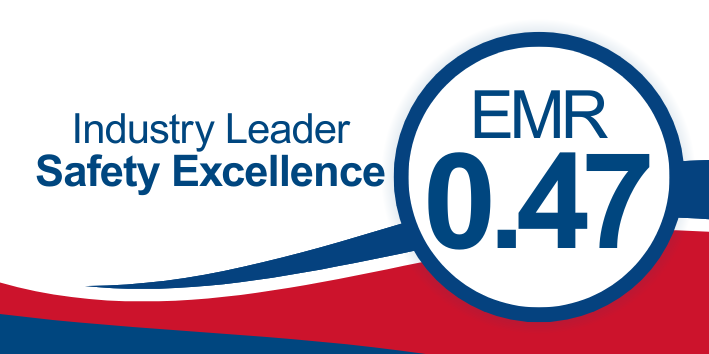If you have a significant investment in a commercial property, it’s important to know just exactly what your warranty does and does not cover. Here are some questions to ask, as roof warranties are a vital part of managing your commercial roof asset and budget.
The manufacturer’s warranty
The most important question regarding your roof warranty is, “who is providing the warranty?” Most manufacturers offer extended warranties. Make sure that the manufacturer you choose has a history of proven performance with their roofs and their warranties.
The manufacturer’s warranty covers the materials should they need to be repaired or replaced within a specific period. There are several different types of manufacturer’s warranties, which we will cover later.
What types of commercial roof warranties are offered by manufacturers?
Manufacturers of commercial roofing systems typically offer three types of warranties.
Manufacturer’s No Dollar Limit Warranty
A “No Dollar Limit” (NDL) is the best type of warranty you can purchase. The manufacturer’s NDL warranty is a full-system warranty, which means that the roofing company will cover defective materials regardless of costs. This roofing warranty requires that the contractor follow a specific commercial roof installation process and undergo inspections during installation and/or upon completion.

Property owners typically purchase NDL warranties with a warranty period of between 10 to 30 years, depending on the type of roofing system installed. The cost for these types of manufacturer warranties is based on the roof’s square footage and the length of the warranty.
Manufacturer’s Material Warranty
Roofing materials manufacturers offer a warranty for their products for free or at a low fee. However, it typically does not cover labor costs to make the repairs. These warranties are sometimes described as “membrane-only” warranties.
Manufacturer Labor and Material Warranty
As the name implies, a manufacturer’s labor and material warranty covers defects in both labor and roofing materials. However, unlike the NDL warranty, this one has limited coverage.
This type of limited warranty is prorated based on the roof’s age. So, the older the roof, the less the warranty covers.

What is the role of the Roofing Contractor in the Warranty?
Typically the commercial roofing contractor is licensed by the manufacturer of the materials that are used on the roof. The contractor must use the products, systems, and details required by the manufacturer’s specifications. In most cases, the roofing contractor is responsible for any labor or installation-related repairs that are required for the first two years. After that, the manufacturer is responsible for the costs of an NDL warranty.
Many manufacturers require roof inspections and minor repairs to be completed annually. Your professional roofing contractor can provide these services for you and document them for verification so that your warranty does not become null and void.
How long does the average commercial roof last?
A commercial roof can last up to 30 years. However, the roof’s longevity depends on the type of roof system, the region’s climate, the quality of workmanship, and how well the roof is maintained.
Key Takeaways
-
Roofing material manufacturers typically offer a warranty on their products.
-
Some of the warranties that cover the manufacturer’s material are free. You have to pay for a warranty that covers materials and labor.
-
Periodic inspections and maintenance are required for most warranties.

